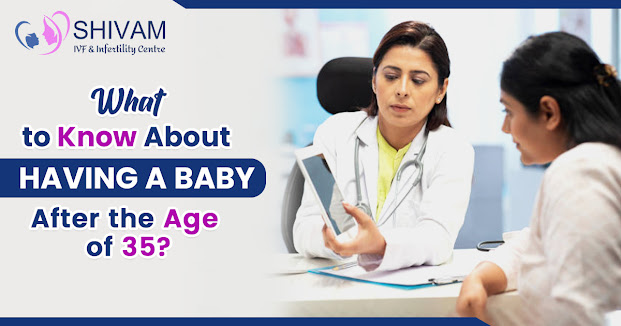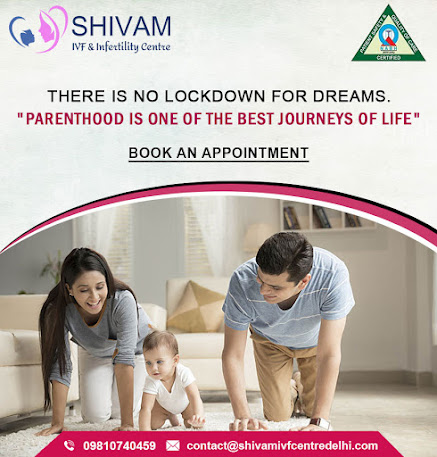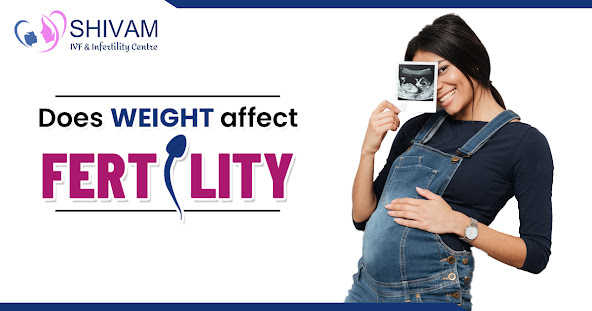What to know about having a baby after the age of 35?
Trying to conceive after the age of 35? Here are some things you should know about your chances and when you should seek help if you're having trouble conceiving. Many women are choosing to postpone having children. Whether you're making this decision for financial, medical, or career reasons, it's critical that you understand the consequences of having a baby after the age of 35.
Here, we'll
look at some of the most important factors first-time mothers should consider
when having a baby after the age of 35, both in terms of getting pregnant and
having a healthy pregnancy. In the future, consult with a fertility specialist
about your fertility journey.
1.
Chances of conceiving as we get older
The single most
important factor that can affect your chances of conceiving is a woman's age.
Conceiving a child after the age of 35 may take longer. This is because egg
quality begins to decline as women age. Some women with pre-existing
gynecological conditions that impact fertility, such as endometriosis, may have
a more difficult time getting pregnant.
2.
When to seek help if you're having
trouble conceiving
For many women,
seeking fertility counsel for the first time can be intimidating. If you are
over the age of 35 and you've been trying for six months without success,
consider speaking with Dr.Bhavana Mittal at Shivam IVF.
3.
Make changes to your lifestyle to
prepare for a pregnancy
Your age may
not be the only factor influencing your chances of becoming pregnant. For women
over 35, lifestyle choices can have a significant impact on whether or not they
have a healthy pregnancy. It is critical to place a positive emphasis on diet,
mental health, and overall well-being. Getting prenatal care early and on a
regular basis increases the chances of a healthy pregnancy.
4.
Miscarriage risk is increased
Miscarriage
occurs in one out of every four women during the first trimester, and the rate,
unfortunately, rises with age. By the age of 43, this figure could have risen
to one in every two.
5.
Pregnancy medical problems
Medical
conditions such as hypertension (high blood pressure), gestational diabetes,
and preterm birth are more common in first-time mothers over the age of 35.
6.
Take pleasure in the journey
Having a baby after the age of 35 results in a healthy mother and baby. We're here to help you.
Women who have
pre-existing medical conditions should consult with their specialists before
getting pregnant. Talk to your fertility specialist about pregnancy planning,
or contact Shivam IVF for the best pregnancy consultation. Please contact us to
schedule a consultation. Shivam IVF is here to help you make the best decision
and take the necessary steps to improve your fertility.
Source:- https://shivamivfcentredelhi.com/blog-details/what-to-know-about-having-a-baby-after-the-age-of-35-




Comments
Post a Comment